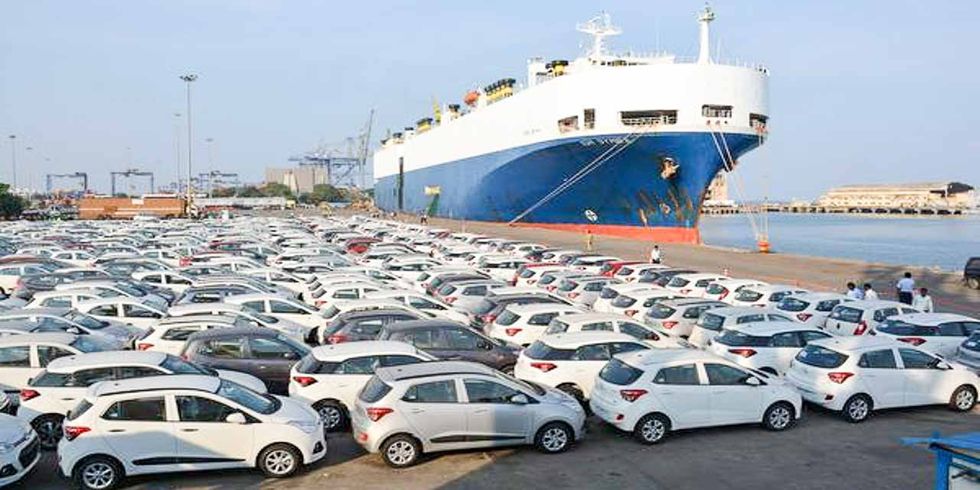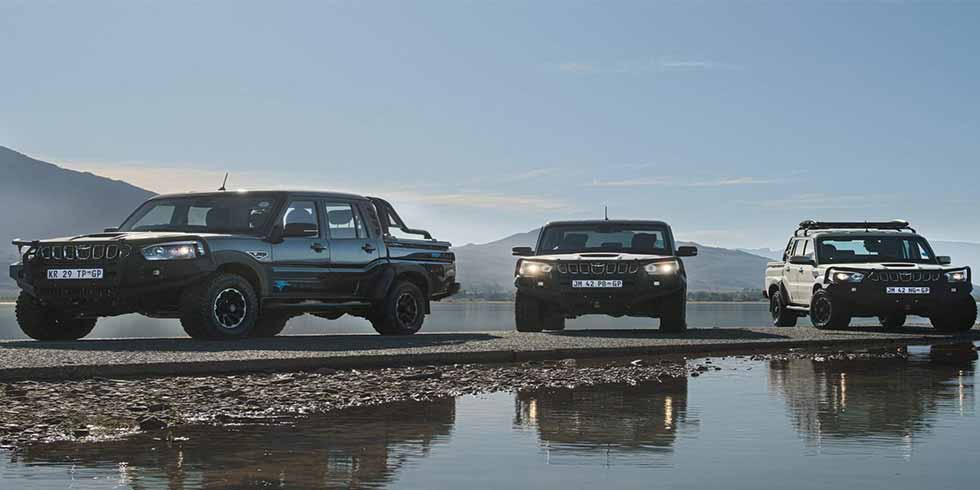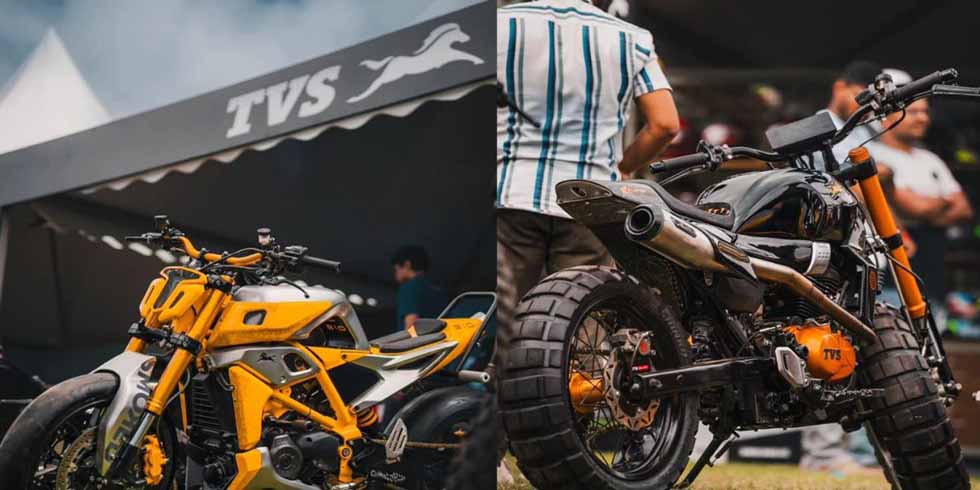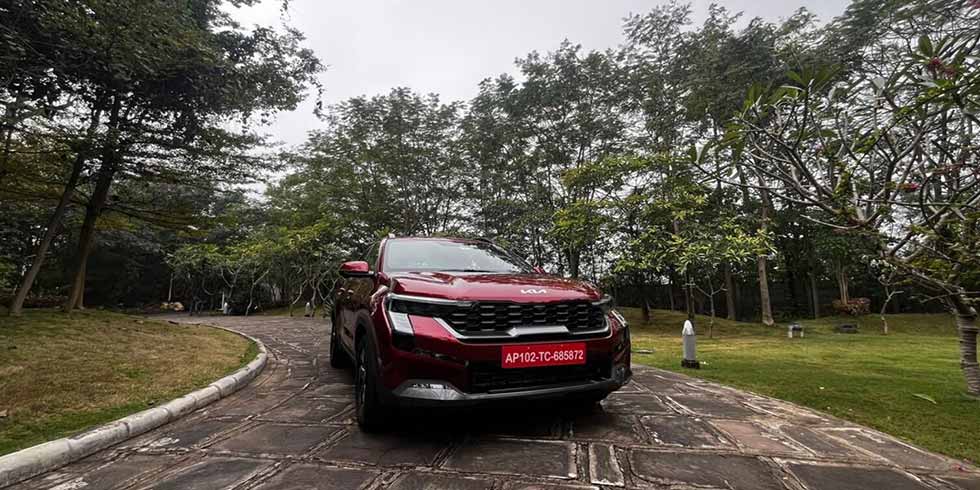India's vehicle exports are on track to reach an all-time record in the fiscal year, with shipments already exceeding the 5-million-unit mark for the first time, fueled by demand for made-in-India two-wheelers in Africa, Latin America, and Southeast Asia.
The boost in international sales has provided some relief to two-wheeler manufacturers, who have been battling to expand volumes in the domestic market for the previous three years.
According to figures from the Society of Indian Automobile Manufacturers, two-wheeler exports – which account for roughly 80% of vehicle shipments from India – increased 40% to 4,091,777 units in the first 11 months of the fiscal year beginning in April (SIAM). In that time span, total automotive exports were 5,073,323 units.
According to data from the Ministry of Commerce and Industry, the top ten export markets for two-wheelers made in India are Nigeria, Nepal, Colombia, Bangladesh, Kenya, Mexico, the Philippines, Guatemala, Austria, and Uganda.
In the first 11 months of the fiscal year, Bajaj Auto, which accounts for one out of every two two-wheelers exported from India, saw export volumes increase by a quarter to 2,046,529 units. "On the export front, the prognosis remains positive; we are on track to complete FY22 with record numbers," executive director Rakesh Sharma remarked recently.
TVS Motor Co, situated in Chennai, reported a 51% rise in two-wheeler shipments to 994,177 units between April 2021 and February this year. "Over the past year, the international two-wheeler industry has gained significant momentum, and there is consistent demand for quality, durable, and more fuel-efficient personal mobility options," a spokesperson said, adding that the company's international two-wheeler business had reached a sales milestone of 1 million units for the first time in FY22.
The sharp increase in exports has benefited two-wheeler manufacturers at a time when demand for motorcycles and scooters in the domestic market has been under pressure due to an increase in acquisition costs following the transition to BS-VI emission standards and the economic impact of the pandemic in rural areas. Two-wheeler sales in India fell 9.8 percent in the first 11 months of FY22, to 12,282,202 units, after declining 13 percent and 18 percent in the previous two years, from a record of 21,179,847 units sold in FY19.
TVS stated that it will continue to build on its excellent export momentum, as well as expand into fresh markets with appealing products and technologically advanced offerings.
Hero MotoCorp, the country's largest two-wheeler manufacturer, expects to generate 15% of its total volumes from its worldwide operations by 2025. "This fiscal year-to-date, the firm has reported over 65 percent growth in exports statistics," a spokeswoman said, adding that "the company has a strong focus on further extending its position in worldwide markets."
Hero MotoCorp's primary markets are Colombia, Peru, Argentina, and Mexico in Latin America; Kenya, Uganda, and Tanzania in East Africa; Nigeria in West Africa; and Bangladesh and Nepal in Asia. The firm is preparing to fulfil demand with geographically tailored goods such as the Xpulse 200, Xtreme 160R, Hunter, and Hunk motorbikes.
Honda Motorcycle & Scooter India (HMSI) stated that it had received "so much demand" following the move to BS-VI standards, which were already in place in most sophisticated countries such as Europe, Australia, and Japan.
In FY22, the company's exports climbed by 66 percent to 319,058 units in February. It intends to greatly increase this in the future years.










Add Comment